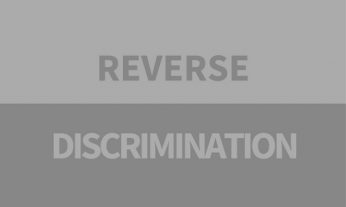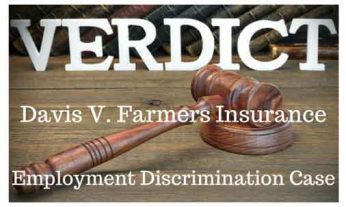 When a black, female Chipotle employee confronted her manager about being assigned night shifts with fellow black employees, while Latino workers were given more preferable day shifts, her manager had a troubling comeback. “Black girls always have an attitude.” The worker then complained to a district manager, who brushed her aside. According to records, the employee was then fired without being given any explanation. She did not take it sitting down. Instead, she marched into court and filed a lawsuit alleging racial discrimination, wrongful termination, failure to prevent harassment, and retaliation. If you are facing racial discrimination in the workplace, you may wish to consult an attorney and take legal action, as well.
When a black, female Chipotle employee confronted her manager about being assigned night shifts with fellow black employees, while Latino workers were given more preferable day shifts, her manager had a troubling comeback. “Black girls always have an attitude.” The worker then complained to a district manager, who brushed her aside. According to records, the employee was then fired without being given any explanation. She did not take it sitting down. Instead, she marched into court and filed a lawsuit alleging racial discrimination, wrongful termination, failure to prevent harassment, and retaliation. If you are facing racial discrimination in the workplace, you may wish to consult an attorney and take legal action, as well.
Racial Discrimination is Real
Although some may try to deny it, statistics indicate that racial discrimination is alive and well in this country. Wage gaps are one of the clearest markers of this:
- Median hourly earnings for men of color lag behind those of white men by six to seven dollars;
- The wage gap separating black and Hispanic men and white men has not narrowed since 1980;
- Black men earn 73% of what white men earn;
- Hispanic men earn 71% of what white men earn;
- Even with a bachelor’s degree, men of color earn 80% of what white men earn.
It is no wonder that just over 20% of black adults and just under 20% of Hispanics report that they have experienced unfair or discriminatory actions in hiring, promotion or pay in the past year. Meanwhile, while 5% of white adults say their race makes success difficult, that number is 40% for blacks and 20% of Hispanics.
What Does Racial Discrimination Look Like?
Racial discrimination can rear its ugly head in a number of ways. Some examples you may encounter include:
- You are not hired because a company’s clients would not be working with someone of your race, or you are kept in the background so customers will not be exposed to someone of your race;
- You are laid off, while white employees with similar skills and less seniority are kept on;
- White employees with similar positions and experience are paid more than you;
- Whites are assigned preferential shifts or territories while you are given unfavorable ones;
- Colleagues tell racially offensive jokes, use racial slurs casually, or in other ways create a hostile work environment and management does not deal with the situation.
Remedies for Racial Discrimination
If you experience race discrimination at work, you should know that Title VII of the Civil Rights act of 1964 protects people from such workplace violations. At Beck Law P.C., we do not tolerate excuses. We seek justice for those treated unfairly. That may include:
- Back pay and/or reinstatement following a lay-off or firing;
- Hiring when you were denied such due to race;
- Promotions you did not get due to race;
- Compensatory damages for pain and suffering;
- Punitive damages
- Attorney’s fees
- Court costs









